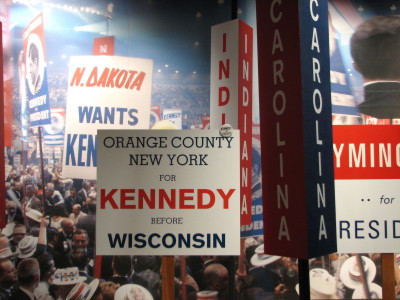Research results show that the pros and cons of the government's measures against the new corona depend on the 'supporting political parties'

In order to respond to the pandemic of the new coronavirus (COVID-19), governments around the world have put forth various policies such as vaccination and compensation for damaged industries as infection control measures such as city blockage. The research results that the pros and cons of such COVID-19 measures depend on the person's 'supporting party' were announced in the
Politicians polarize and experts depolarize public support for COVID-19 management policies across countries | PNAS
https://www.pnas.org/content/119/3/e2117543119
When assessing COVID plans, people place party over policy
https://phys.org/news/2022-01-covid-people-party-policy.html
A research team led by the University of Colorado at Boulder in the United States will target 13,000 people living in seven countries, Brazil, Israel, Italy, Sweden, South Korea, the United Kingdom, and the United States from August to November 2020. -19 We conducted a survey asking for an evaluation of countermeasures.
The survey asked about policies that include real-world measures such as social distance, workplace regulations, contact tracing, and mobility restrictions. In addition, a follow-up survey was conducted only by participants living in the United States, and the international vaccine distribution plan was also evaluated.
The research team told respondents that each policy was 'supported by the liberal elite,' 'supported by the conservative elite,' 'supported by the bipartisan coalition,' and 'nonpartisan scientific experts.' I added a supplement such as 'It is supported.'
The name of the actual politician is used for the liberal or conservative elite . Donald Trump (the incumbent president at the time) was assigned, and in Brazil, Fernando Hadad was assigned to the liberal elite and President Jail Bolsonaro was assigned to the conservative elite.

Analysis of the response results revealed that respondents are significantly more likely to support the policy if the elite of the political party they support supports the policy. However, we have also found that if there is a policy endorsed by a bipartisan coalition or a neutral scientific expert, that policy will gain the highest endorsement.
Leaf Van Boven, a professor at the University of Colorado at Boulder, said a similar survey on climate change measures once confirmed that the political parties that support it will change the policies they support. However, it was surprising that similar results were seen in pandemics that required urgent collaborative action. Rather, it shows that the policy is swayed by who supports it. '' At the beginning of the pandemic, many scholars say that political divisions will be eased and that they will work together to confront this common threat. I expected it, but it didn't happen. '
Still, the higher support of policies endorsed by bipartisan coalitions and neutral scientific experts suggests that credible scientific experts may be able to unite people across parties. Alexandra Flores, Ph.D. student at the University of Colorado at Boulder, the lead author of the paper, said: 'These findings are to communicate from scientific sources that are not seen as political, and to be a prominent politician. It emphasizes how important it is to stay away from the spotlight of crisis management communication. '

Related Posts:
in Note, Posted by log1h_ik







